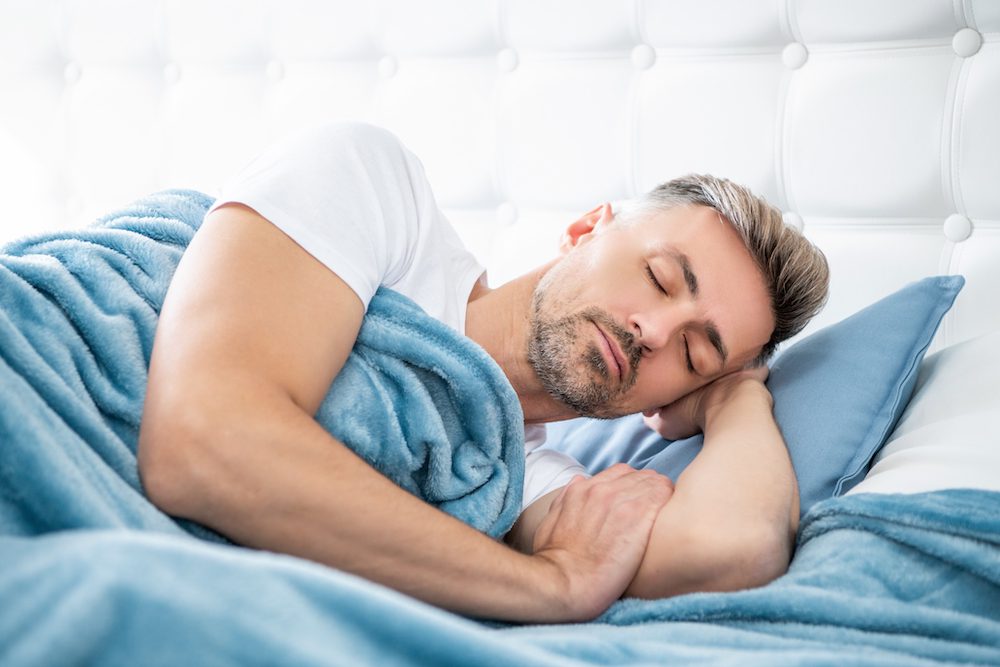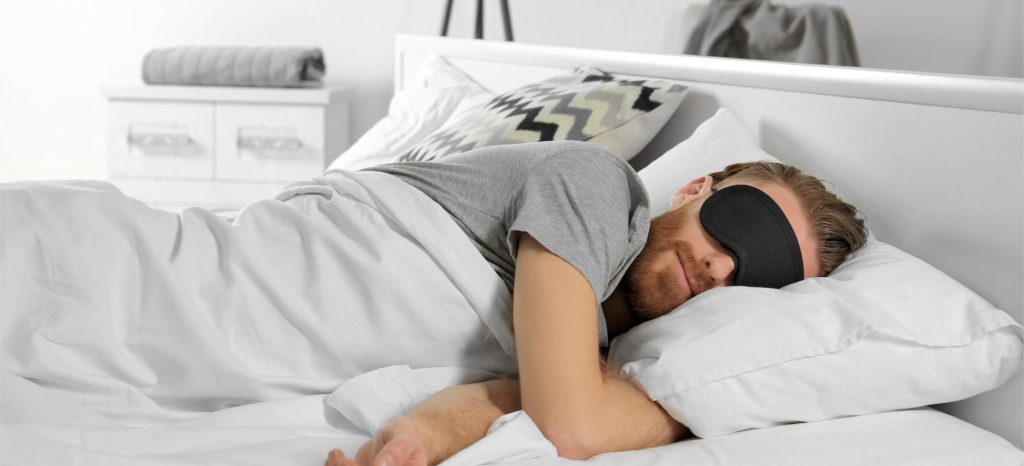If you find that your sleep patterns with the seasons, then you may be on to something. In fact, there is strong evidence that seasonal changes can impact how long and how well people sleep.
High temperatures, humidity, and later evening daylight can make it harder to get a good night’s sleep during the summer months. Conversely, winter nights are longer and colder, which can be more conducive to sleeping. Understanding how seasonal changes affect sleep can help you adjust your sleep habits or environment for a better night’s sleep year round.
How Do Seasonal Changes Impact Sleep?
The change of seasons throughout the year can affect sleep for a variety of reasons.
- Longer Days: Days are longer and nights are shorter in the summer compared to the winter, especially in northern areas. Sunlight exposure affects our circadian rhythm, the internal clock that makes us active during the day and sleepy at night. Exposure to sunlight later during long summer days can impact sleep quality.
- Daylight Savings Time: Adding to the increased light exposure from longer summer days, daylight savings time is in effect in most of the U.S. during summer. This adds another hour of evening sunshine. Exposure to light later in the day and evening can lead to later bedtimes and less hours of sleep.
- Heat: Heat and humidity can make it harder to sleep well. People are more likely to fall asleep while their body temperature is getting cooler. If a hot environment is raising their body temperature, it may take longer to fall asleep.
- Socializing: Often, people’s social lives are livelier in summer, leading to them drinking more alcohol, eating later, traveling to weddings or vacations which can lead to jet lag and disruptions in their sleep routines.
- Activity Levels: Research has shown that daytime exercise makes it easier to get to sleep at night, and some people may prefer to be more or less active during one season or another.
Why Is Sleeping More Challenging in the Summer?
Summer comes with a number of changes that can impact a person’s sleep habits, such as the number of daylight hours, differences in temperature, as well as changes in activity levels.
Exposure to light and dark plays a vital role in the body’s production of melatonin, a naturally occurring hormone that regulates the sleep-wake cycle. Darkness causes the body to produce melatonin, and this helps people feel sleepy. Extended daylight during the long days of summer, suppresses melatonin production.
As part of the normal sleep-wake cycle, our bodies naturally want to cool down as we start to fall asleep. When it’s warmer outside, such as in the summer, it may be harder to cool down and sleep well. Additionally, excess heat can lead to more wakefulness at night and less time spent in beneficial sleep stages, like deep sleep and rapid eye movement (REM) sleep.
Additionally, during spring and summer, people tend to shift their bedtimes and waking times to align with longer daylight hours. This shift may result in more daytime activity and shorter sleeptimes during summer months.
Ways to Sleep Better in the Summer
While certain seasonal changes may be beyond your control, there are steps you can take to improve your sleep during the summer months.
- Control Light Exposure: Light exposure early in the day may help you feel more awake in the morning and help keep your sleep-wake cycle on track. Similarly, stick to darker environments later in the day. For instance, consider using blackout curtains in the bedroom and avoid blue light from devices, as both can help prepare the body for sleep
- Find the Right Pajamas: Choosing the right clothing for the season to wear to bed can improve your sleep. Natural fabrics like cotton and silk will help keep you cooler on hot summer nights, while synthetic fabrics like polyester can retain heat.
- Invest in a Cooling Mattress: A cooling mattress may help if summer heat interferes with your sleep. Mattresses that lower body temperature can increase deep sleep and improve sleep quality.
- Choose Comfortable Bedding: Like pajamas and mattresses, bedding should also be cool and comfortable. Consider choosing natural fabrics like cotton or wool for bed sheets and pillowcases. Lightweight bedding, such as a thin sheet or comforter, may work best in the summer.
- Avoid Exercise Close to Bedtime: After physical activity, your body temperature can remain raised for hours. To stay cool before bed and avoid the stimulating effects of exercise, try to avoid activity at least 4 hours before bedtime.
- Cool Your Environment: Experts note that sleeping in a cooler environment, around 65 to 68 degrees Fahrenheit, is most comfortable for many people. Air conditioning, fans, and shading the windows from afternoon sun can help keep your sleeping area cooler.
- Avoid Alcohol Close to Bedtime: While this pertains to all times of the year, some people may find they drink alcohol more commonly in certain seasons. Since alcohol can interfere with sleep, it’s best to avoid it for several hours before bed.
References
Ask the Sleep Doctor
Have questions about sleep? Submit them here! We use your questions to help us decide topics for future articles, videos, and newsletters. We try to answer as many questions as possible. You can also send us an email. Please note, we cannot provide specific medical advice, and always recommend you contact your doctor for any medical matters.








